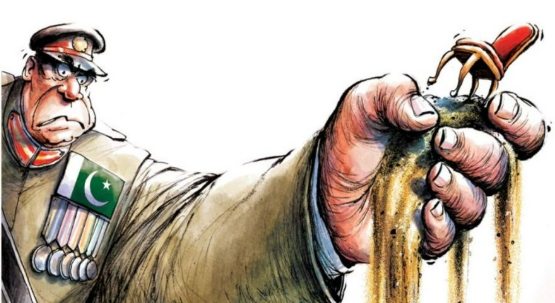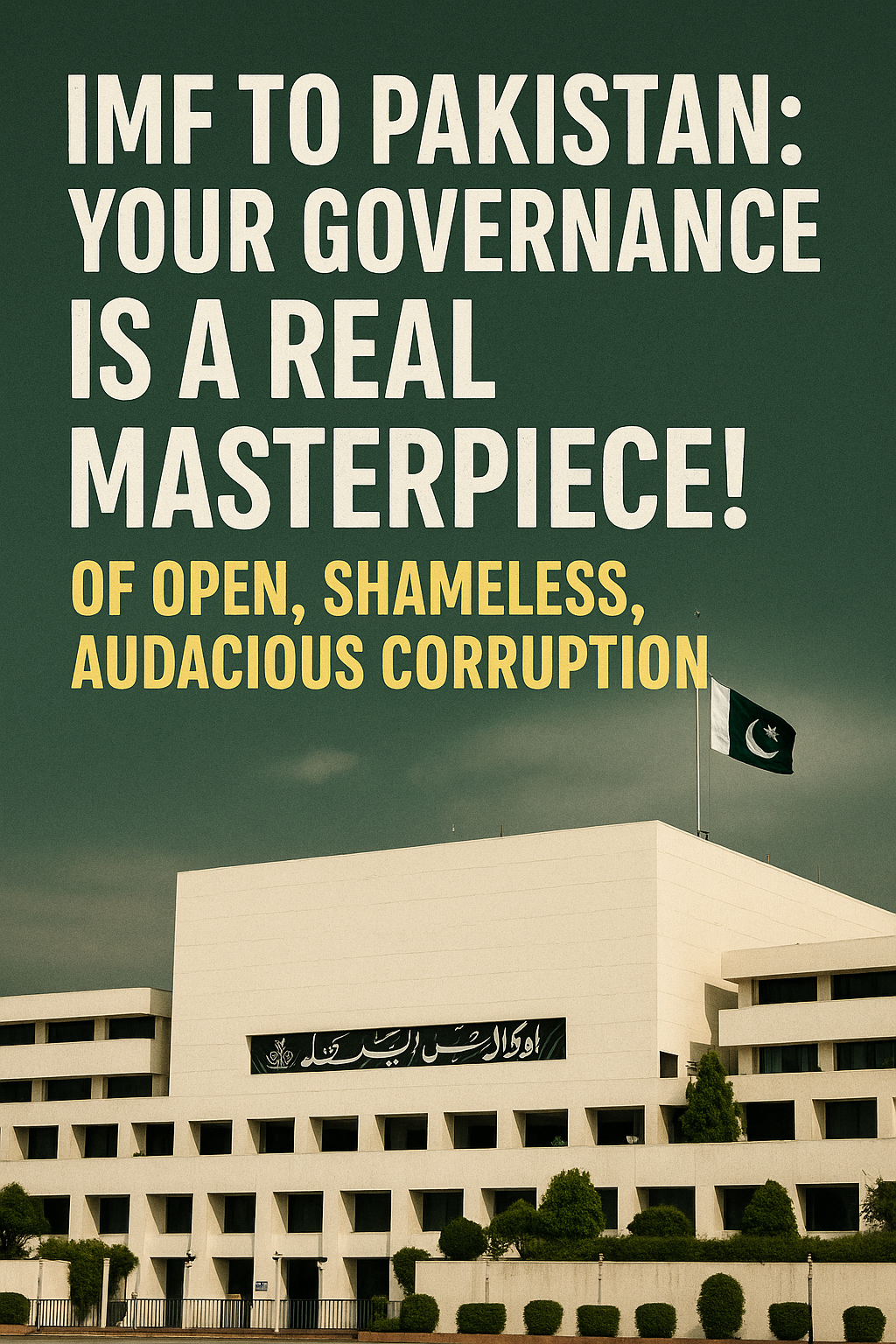The story of General Asim Munir’s apparent hostility towards Imran Khan reads like a high-stakes political thriller, full of intrigue, power plays, and personal slights. To understand this ongoing feud, one must delve into the complexities of Pakistan’s civil-military relations, the military’s lust for power, and the personal history between these two central figures.
The Roots of the Rift
The seeds of discord were planted in 2019 when Imran Khan, then Prime Minister of Pakistan, abruptly removed Lieutenant General Asim Munir from his post as Director-General of the ISI (Inter-Services Intelligence). Asim Munir’s tenure lasted only eight months—the shortest in the history of the so-called prestigious spy agency. Rumors swirled that Munir had briefed Imran Khan about corruption involving individuals close to him, which reportedly infuriated the Prime Minister.
For Asim Munir, a career officer known for his uprightness, this dismissal was more than a professional setback—it was a humiliation. The military is a deeply hierarchical institution where career advancements and respect hinge on one’s reputation. Being unceremoniously removed from the ISI was seen as an affront not just to Munir but also to the institution he represented.
The Turning Point
Fast forward to 2022, and the tables turned dramatically. Asim Munir was appointed as Pakistan’s Chief of Army Staff (COAS), arguably the most powerful position in the country. The appointment came at a time when Imran Khan had fallen out with the military establishment, a rift that led to his ouster through a no-confidence motion in Parliament.
General Munir’s ascension coincided with Khan’s growing popularity as he launched a massive anti-establishment campaign, blaming the military for meddling in politics and orchestrating his removal. Imran’s fiery rhetoric, calling out “neutral” forces, painted the military leadership as enemies of democracy. For Munir, these allegations were a direct challenge to the institution he now commanded.
Revenge or National Interest?
Many observers see General Munir’s actions against Imran Khan as a calculated mix of personal vengeance and institutional preservation. After Imran’s removal, Munir played a key role in silencing Khan’s anti-establishment narrative. Legal cases against Khan multiplied, his party workers faced brutal crackdowns, and his media coverage was heavily censored.
Munir’s approach has sparked debate. Critics argue that his actions stem from a deep-seated vendetta against Khan, driven by the humiliation of 2019. Supporters, however, claim Munir is safeguarding the army’s position as an apolitical institution under attack by an increasingly defiant populist leader.
The May 9 Incident: A Flashpoint
The rift reached its zenith on May 9, 2023, when violent protests erupted after Imran Khan’s arrest. Army installations were attacked, including the residence of the Lahore Corps Commander. The military blamed Khan’s party for inciting violence, marking it as an assault on national security.
For Munir, this was the final straw. The incident allowed him to frame Khan as a direct threat to Pakistan’s stability. Since then, the crackdown on Imran Khan and his party has been relentless. Thousands of party workers have been jailed, and key leaders have defected, leaving Khan politically isolated.
A Battle of Legacies
The feud between General Asim Munir and Imran Khan has far-reaching implications. For Munir, it’s a battle to uphold the military’s dominance and avenge a personal slight. For Imran, it’s about reclaiming his political narrative and challenging decades of military interference in civilian politics.
As Pakistan’s political and economic crisis deepens, this power struggle between two influential figures is reshaping the country’s future. Whether Munir’s actions are motivated by revenge or strategy, they have ensured that his tenure as COAS will be one of the most controversial in Pakistan’s history.
Conclusion
The ongoing clash between General Asim Munir and Imran Khan reveals the fragility of Pakistan’s democratic framework, where personal egos and institutional interests often collide. While the full story may remain shrouded in secrecy, its impact on the nation is both undeniable and far-reaching.



